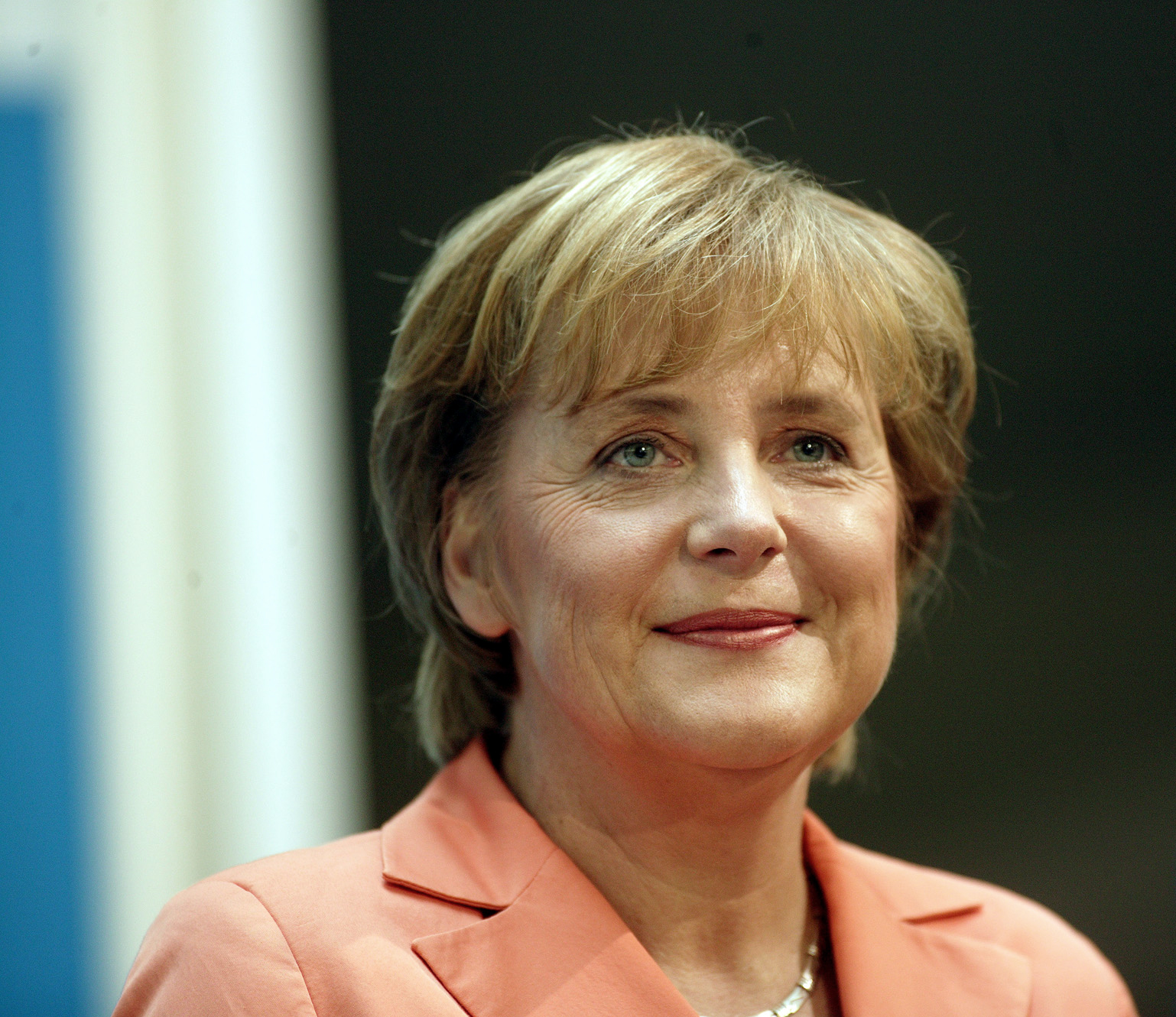Germany triples anti-recession handouts budget for new car buyers
 Berlin - Facing a public clamour for more, Chancellor Angela Merkel's government on Wednesday more than tripled its budget for a subsidy scheme which encourages people to trade in worn-out cars for new ones.
Berlin - Facing a public clamour for more, Chancellor Angela Merkel's government on Wednesday more than tripled its budget for a subsidy scheme which encourages people to trade in worn-out cars for new ones.
The increase of the subsidy budget from 1.5 billion euros to 5 billion euros (6.5 billion dollars) is also expected to satisfy pressure from Washington and other governments for Germany to spend more to fight the worldwide recession.
Enthusiasm for the handouts of 2,500 euros apiece has been so great that 1.2 million applications have been received so far.
The subsidy is available to anyone who has been driving a car more than nine years old, sells it to a wrecker and buys a new car.
The emergency scheme has pleased both the car industry and dealerships, which have done a roaring trade in recent weeks.
The car industry now expects to sell 2 million extra cars, mostly small economy models such as Fiats, Renaults, Hyundais and Volkswagens, to people who had been trying to eke a little more life out of high-mileage cars and were reluctant to buy new cars.
Economics Minister Karl-Theodor zu Guttenberg said Wednesday's raise in the subsidies budget would be the last. A Finance Ministry spokesman, Torsten Albig, said that including interest, the raise would increase Germany's federal debt by 4.2 billion euros.
Helmut Bluemer, spokesman for the German Automotive Trade Federation, hailed the move as preserving jobs in dealerships and the auto-parts industry and good "for road safety and environmental pollution," since Germany was eliminating old, polluting cars.
However there has been criticism that Germany's biggest stimulus to private demand has only benefitted one industry, with construction, home appliances and tourism gaining no such help.
Nor has the scheme had much impact on sales of Germany's prestige car brands such as Mercedes-Benz and BMW.
It has also dismayed wreckers, who say they are being overwhelmed with work at a time when the world price for scrap steel is low.
The government agency handing out he subsidies, Bafa, meanwhile appealed for patience, saying it could only manage 6,000 payouts daily.(dpa)